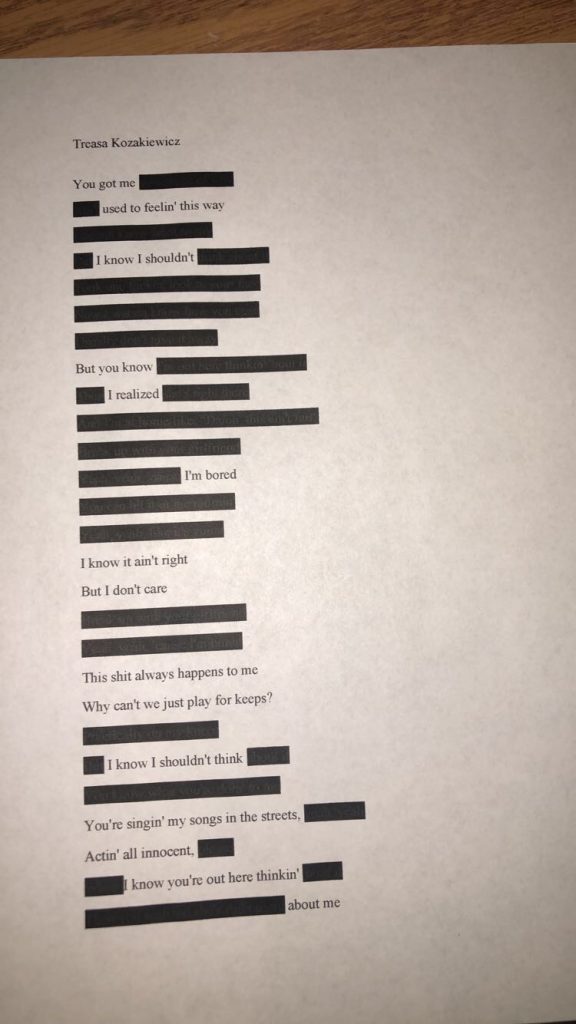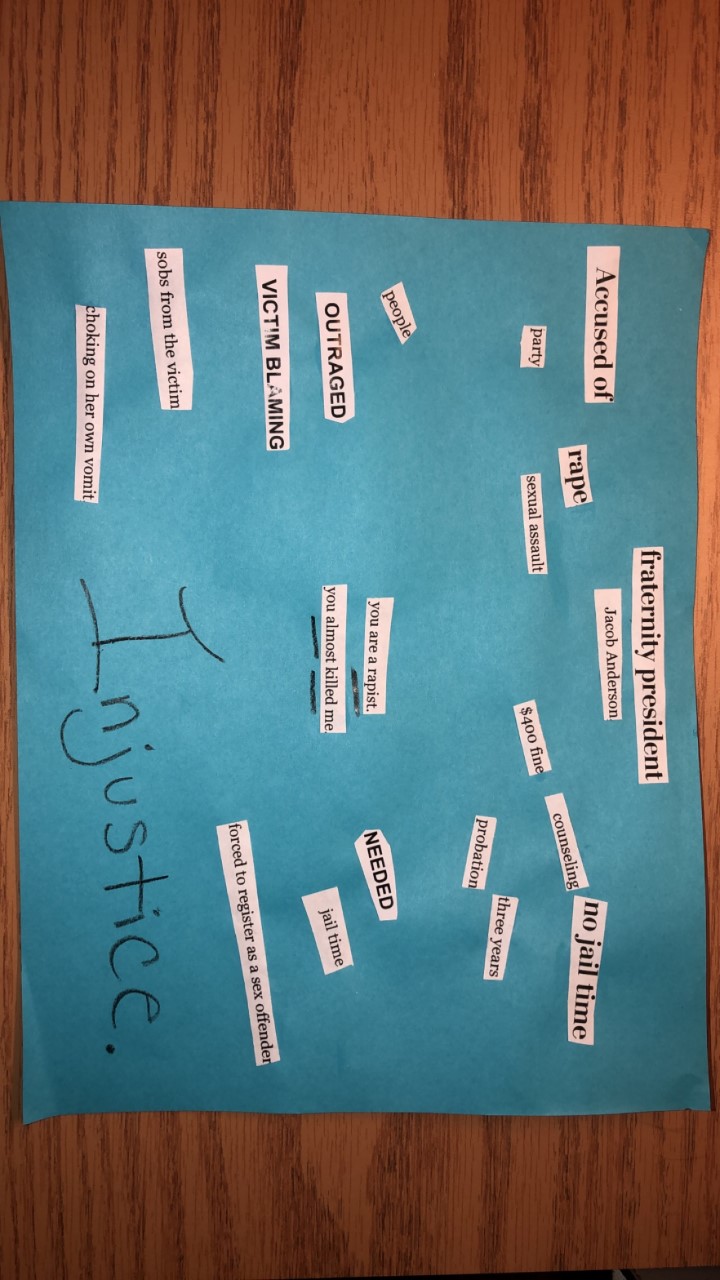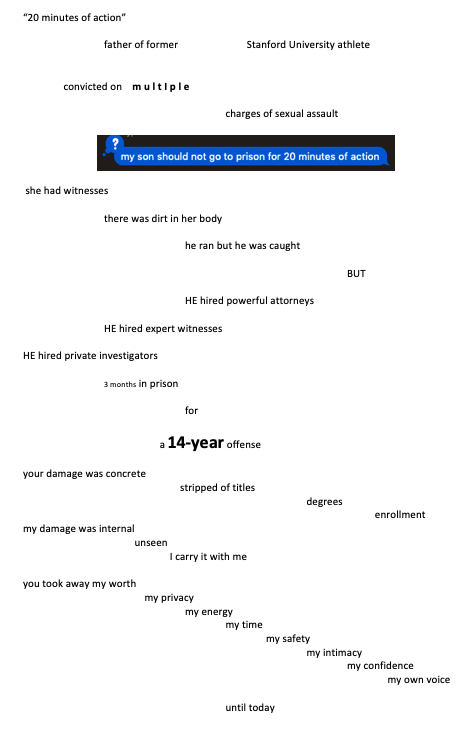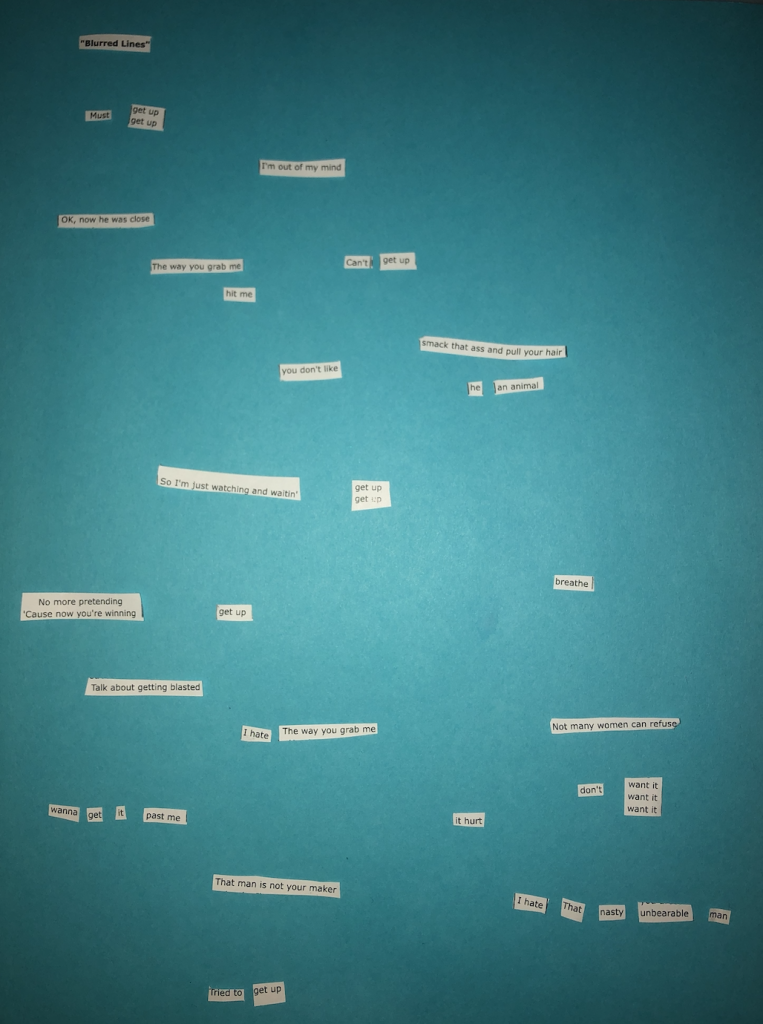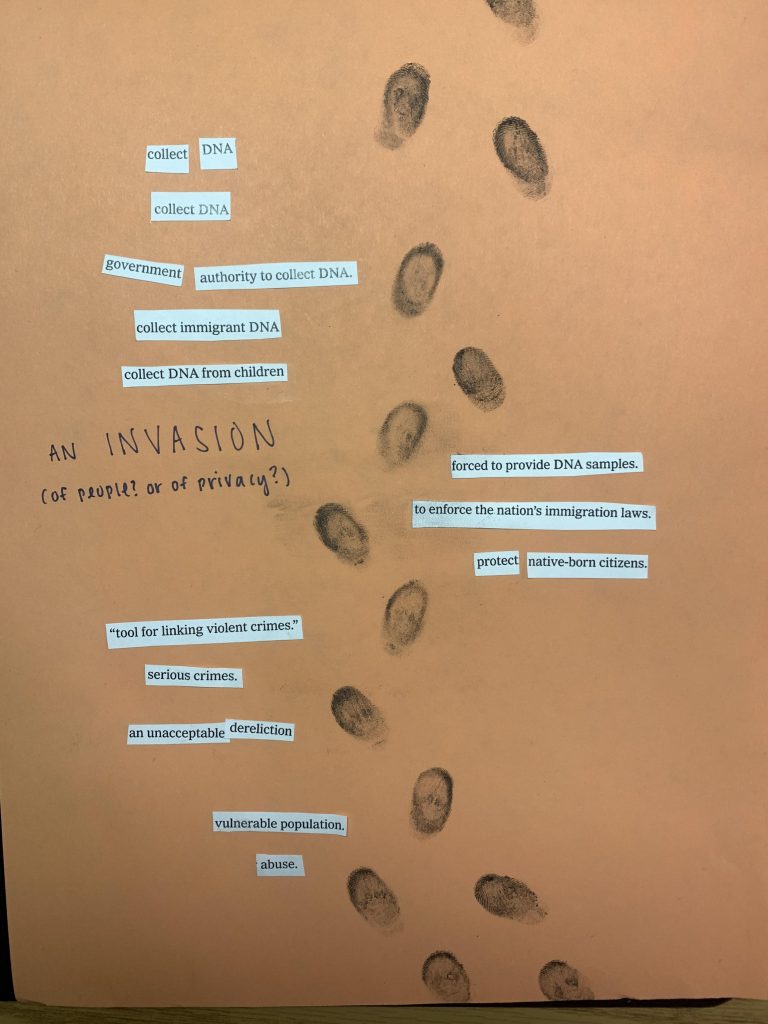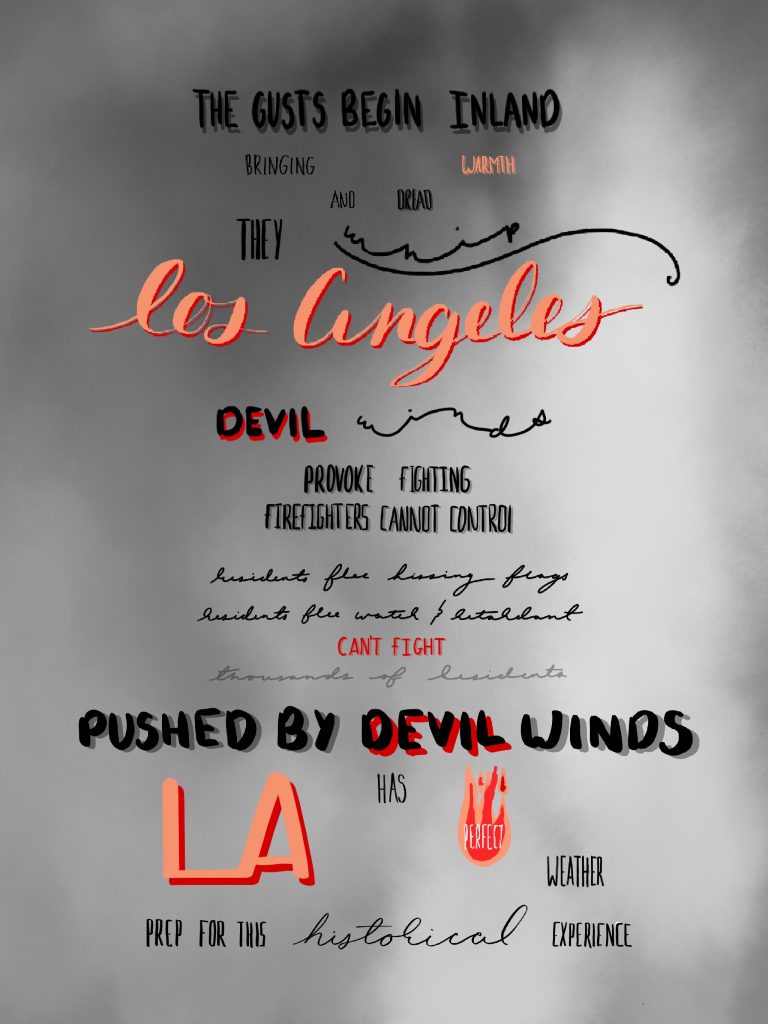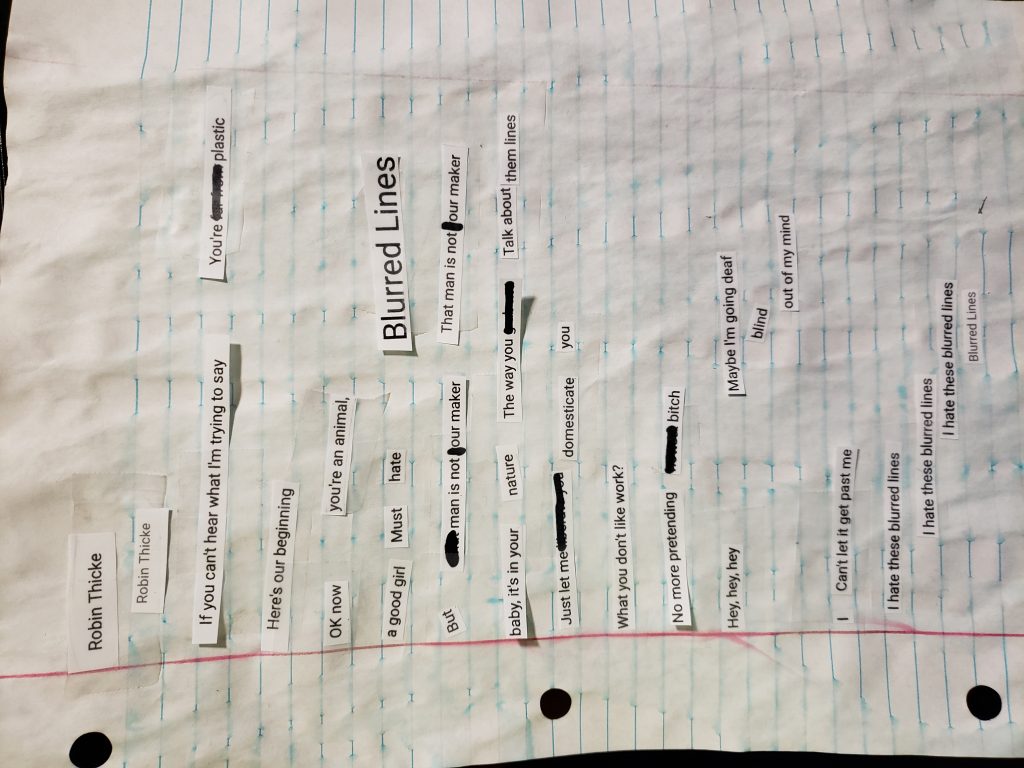By Kayla Brizzell
The memoir Mean, written by Myriam Gurba, has a prominent theme of feminism and self-empowerment. Ever since she can recall, Gurba has been an “early-onset feminist” (15). Throughout the book, the reader is told different stories about Gurba’s life that support this self-identification. She likes to boss other people around, and says whatever she wants to whomever she wants. She’s not afraid to stand up for herself or others in order to get what she wants… in certain situations.
Gurba also explains instances where she was unable to help herself in the memoir. These often include times when she is being treated unfairly or wrongly because of who she is. One example of this is when there is a “race war” in Gurba’s fifth grade class. When the teacher asks Gurba what happened she explains that the white girls were making racist comments towards her and the other Mexican girls. After she makes this claim, however, the “white girls burst into tears” and Gurba was forced by the teacher to “‘apologize for making them cry’” (20). The way that the white girls had treated the Mexican girls on the playground was easily dismissed by the teacher, and Gurba was the one forced to face the consequences. This taught her from a young age that there are not always good consequences for telling the truth.
Another time something like this occurred was when Gurba was molested by Macaulay during history class. Everyday the same thing happened where he put his hands down her pants, yet she was afraid to speak up out of fear of being “call[ed] a ho” by her classmates (26). Because of what happened in fifth grade, Gurba was sure that nothing beneficial to her would come out of reporting Macaulay. She had to endure his molestation in class everyday just because she thought that she would be the one to face the repercussions for his actions.
A third example, one that disturbed me the most when I read it, happened right after she got raped. Gurba walked into her mom’s classroom, told her what happened, and was taken to the principal’s then the nurse’s office. Gurba began to tell the nurse what horrible thing had happened to her, but, obviously upset about it, she started to cry. In which the nurse reacted to by screaming at her to “STOP CRYING!”, and followed up by saying, “These kinds of things happen. You’re going to have to get over this” (122). Just like Gurba, I was shocked after reading this. I couldn’t believe that the school nurse would say this to a young woman who had just gotten raped. She was treating her as if she was overreacting to this traumatizing event. This is just another instance in which Gurba is shut down and silenced in a time of need.
All of these events, and more mentioned in the memoir, shaped Gurba into who she is today. She was forced to grow up quickly because of all of the trauma she went through at such a young age. She learned a very important lesson: “…the nicer you were…the meaner the world was” (16). At this moment, Gurba realized that she would stop being so nice to everyone. The only way to get what you want is to be mean, which was more fun anyway. While progressing through the book, the reader can see how Gurba changes and matures. She gets meaner and uses more humor to help her cope with all that has happened to her. She emphasizes in her ways of telling these stories how important being a feminist is because it has helped her overcome her obstacles. She shows us the importance of speaking up even when it seems like the world is against you.
Discussion Questions:
- How do you think Gurba would be different if these horrible things never happened to her?
- What scene shocked you the most in the book?
Works Cited
Gurba, Myriam. Mean. Coffee House Press, 2017.

